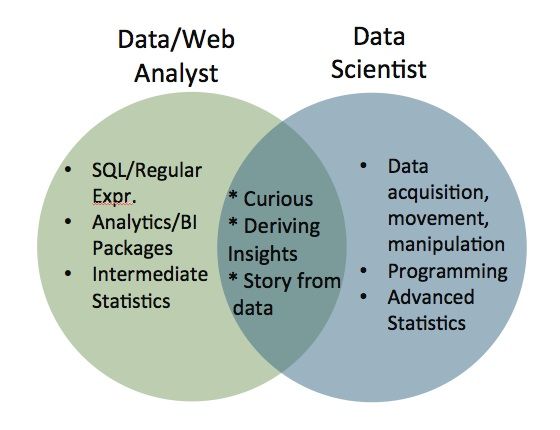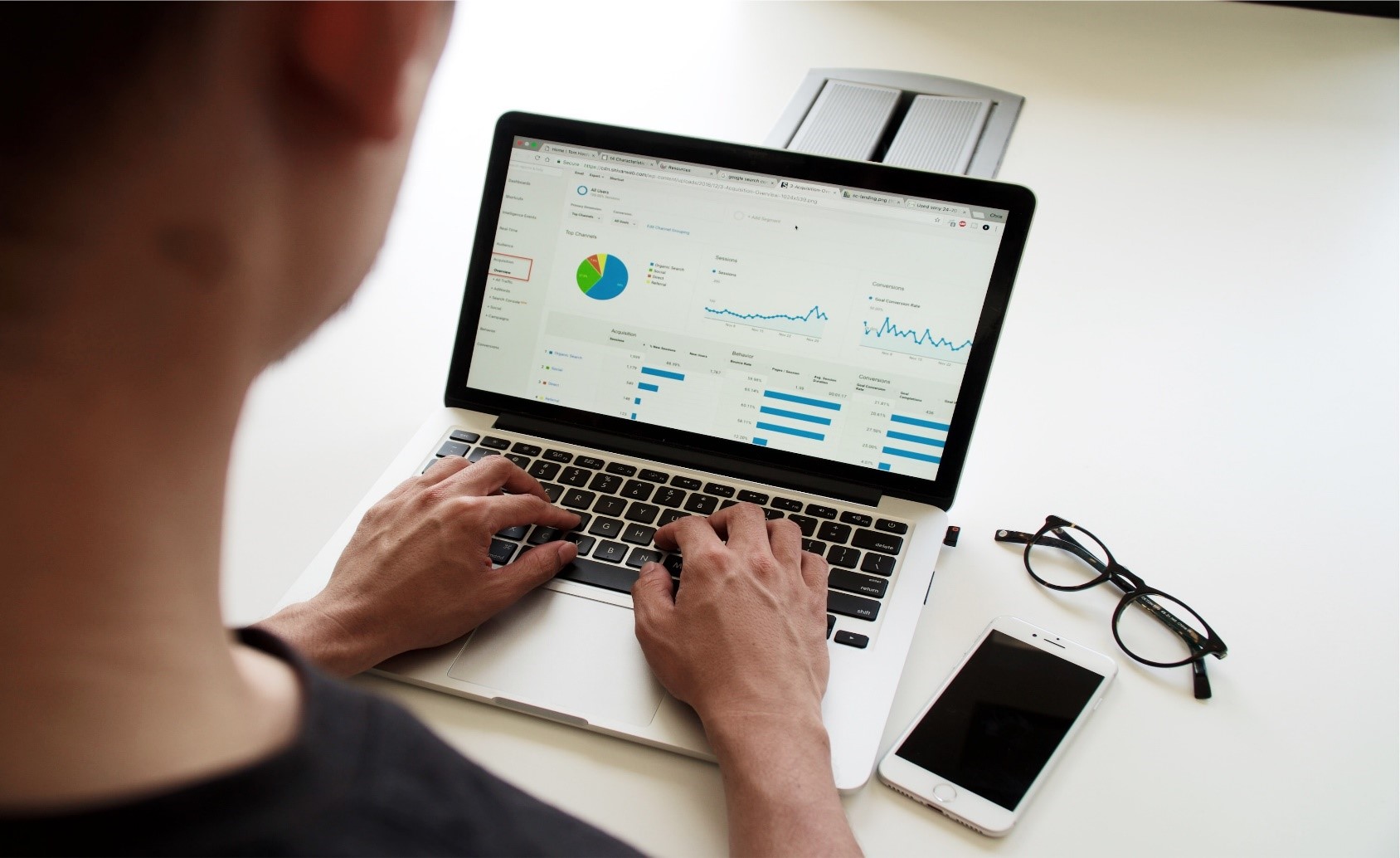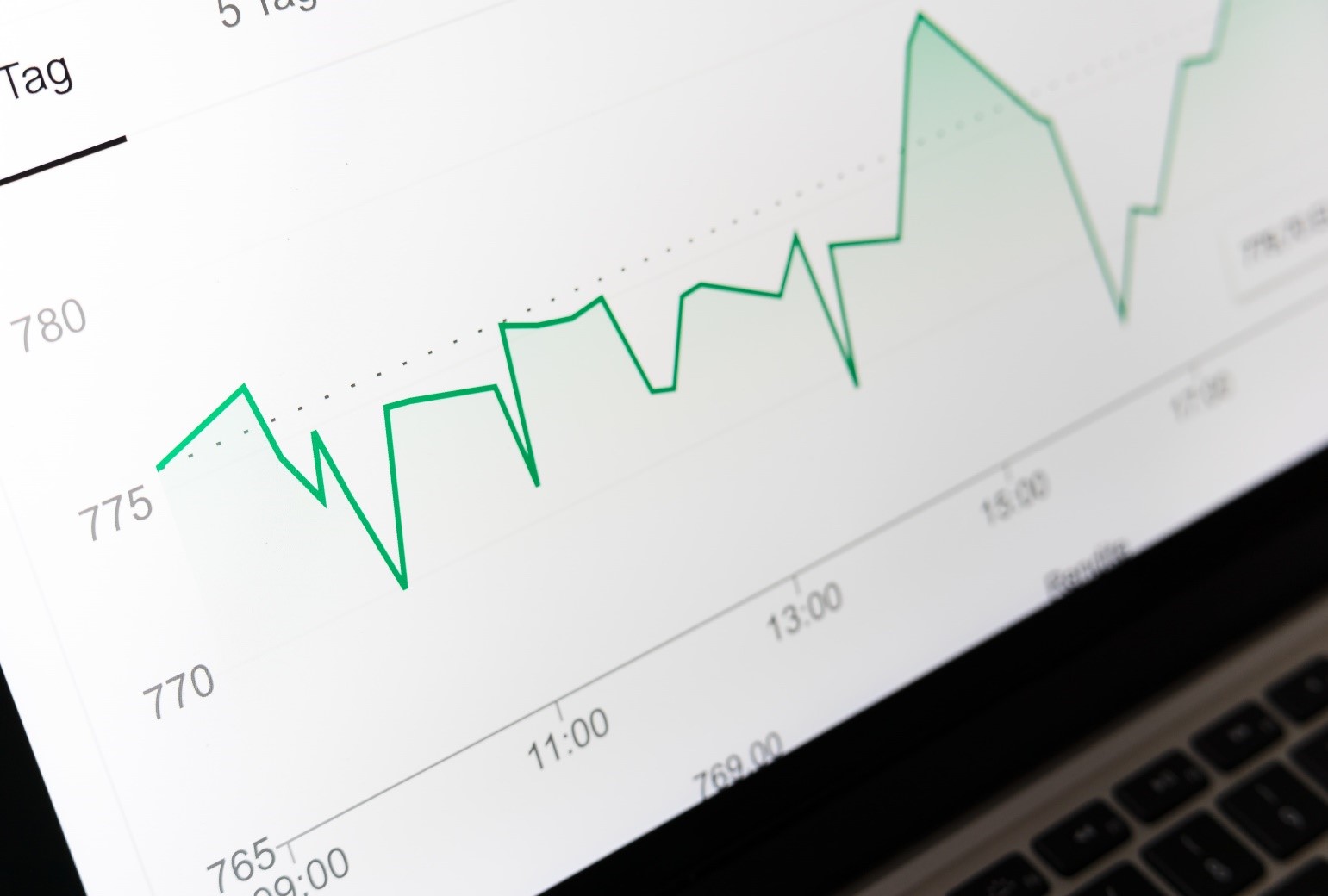Big Data is considered a major component in the tech world. Thanks to it, better insights and decisions could be easily be reached.
The creation of and the dealing with such immense amounts of datasets require a proper understanding of some tools; Data Science and Data Analytics are considered to be of those tools.
Despite being interconnected, data analysis and data science do provide different results and they follow different methods.
Differentiating between the two can get a little confusing. There are a number of similarities and overlapps between the two. The two terms are, actually, sometimes used interchangeably. However, there are differences that not all people take into consideration.
In order to be able to optimize the process of big data, it is of great importance to be able to comprehend what both of them offer and what are the distinctive features of each of them that makes it unique.

Data Analysis:
What's Data Analysis?
Data analysis is a process that involves the processing and the analysis of data sets. Here, data sets are examined with the end goal of drawing conclusions which will, then, be used according to the requirements of the organization.
In order to be able to deduce insighs, data analysis asks for some algorithmc and mechanical processes. It may also ask for going through data sets from several sources to try to find useful correlations between them.
Who's a data analyst?
A data analyst is the person who is responsible for the querying and the reporting of data.
They're also responsible for acquiring data from several sources. Usually, they're looking for finding or making correlations and identifying pattern within the data. Mostly, they work in environments that are already -somewhat- structured.
Their work often results in reports that are used by the organization when decisions are being made.
Responsibilities of a data analyst:
The responsibilities of a data analyst can vary from one industry to another and from one enterprise to another. However, a main responsability of a data analyst to utilize data to come up with meaningful insights and to solve problems. They work on the analysis of data sets using different analysis tools in order to be able to come up with answers for the questions being asked by different departemnts in their companies.
What are the required skills to become a data analyst?
- Knowledge of Mathematical statistics:A data analyst needs to have strong statistical skills. They need to be able to understand what is mathematically going on and to be able to decide which analysis tool fits which question in order to be able to find the right answers for them.
- Some programming skills (Such as R or Python): Because a data analyst should have the ability to search the data independently.
- Data visualization skills: A data analyst should have some data visualization skills. This couldinclude creating graphics in excel or visualizing in Power BI or Tableau. Data visualization is considered an essential skill for data analysts to have, because it helps them in communicating the information that they've worked on and analyzed.

Data Science:
What is Data Science?
Data science is the usage of scientific methods in order to facilitate the turning of data into value.
This means that, data science is a process which requires asking the right questions, creating hypotheses, and testing them.
Usually, data analysis focuses on the mining of massive amounts of data whether they are structured or unstructured.
It also focuses on programming, machine learning, statistics, and creating algorithms.
Data Science therefore is responsible for coming up with conclusions and discoveries. In the case of machine learning and artificial intelligence, it helps in providing predictive and prescriptive models.
Who is a data scientist?
A data scientist's a person who is able to estimate the unknown by asking questions, writing algorithms and building statistical models.
Data scientists are also able to conclude meaningful insights from existing data sources to identify new sources for data in order to help in the decisions and the actions of the organization in order to achieve the set business goals.
They usually work with unstructured data and they create the frame-work to which the rest of the organization will go back to whenever they come in contact with the data.
They also work on predicting the future rather than just commenting on it. That is why they have to get creative, because they work on finding solutions for problems that don't exist yet.
Responsibilities of a data scientist:
A data scientist somewhat does what a data analyst does. However, their tasks are a little more IT heavy. They're usually tasked with designing the data bases. Also, they create algorithms and predictive models for the goal of extracting the information needed by their enterprises to solve problems.
What are the required skills to become a data scientist?
- Knowledge of AI and machine learning.
- SQL database coding.
- Data Visualization.
- The ability to work with unstructured data from various sources.

Source: splunk.com
Data Science vs. Data Analysis ---- what's the difference between them?
When it comes to solving problems with the existing products and services or coming up with new innovative products and services, both data science and data analysis are very essential to companies. Despite the fact that both terms are sometimes being used interchangeably, data science and data analysis are two distinctive fields.
Data science is considered an umbrella term for data analysis and other fields such as data mining and machine learning.
Data science is responsible for asking new but important questions that organizations were not aware of. However, when it comes to answers, data science doen't provide much. Data analysis on the other hand, is responsible for finding answers to these questions in order to provide actionable insights. And as a consequence of using the both of them, better decisions could be made.
Both data analysts and data scientists work with data; however, what they do with it, is what makes the difference. Data analysts examine sets of data in order to identify trends, develop chart, and create visual presentation so that they help their organizations to make more strategic decisions. Data scientists, on the contrary, work on constructing new innovative processes for data modeling using custom analysis, algorithms, and predictive models.




